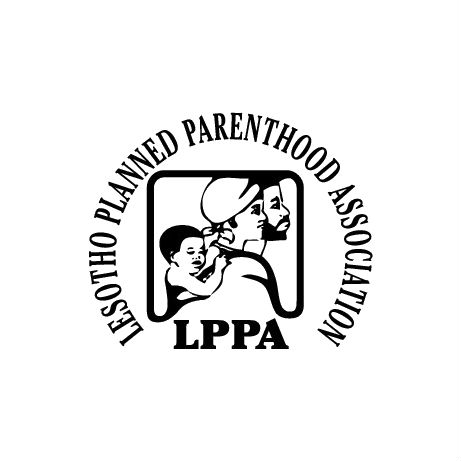

| 31 March 2016
Lesotho Planned Parenthood Association
One of IPPF’s central beliefs is that processes and approaches need to be adapted to meet the specific needs of a country. In Lesotho, a country with one of the highest HIV prevalence rates in the world, LPPA is very active in finding new ways to address neglected needs. LPPA provides a comprehensive range of sexual and reproductive health including: family planning, the management of sexually transmitted infections (STIs), screening for cancers of the reproductive system, the distribution of contraceptives and emergency contraceptives, pregnancy testing, post-abortion care, voluntary counselling and testing (VCT) and the management of infections. Clients are referred to other centres for CD4 tests and ARV treatment. LPPA reaches out to the communities it serves through 47 service points: 10 permanent clinics, 9 private providers, 30 associated agencies, 90 peer educators and 14 community-based distributors (CBDs). There are 54 permanent staff who are supported by over 200 volunteers. An estimated 75% of LPPA's clients are poor, marginalized, socially excluded and/or under-served. Target groups include cattle herders, prisoners, rural populations, factory workers, university students, police trainees and people living with HIV and AIDS. LPPA targets out-of-school children, and disseminates SRH information through drama, puppetry, sports for life, and facilitated discussions. Other education programmes include health talks, workshops, performances and radio and TV shows. In advocacy, LPPA reaches out to teachers, religious leaders and government leaders to promote favourable approaches to, and legislation on, SRH. LPPA has influential partnerships with government health and population departments, and it partners with major non-governmental organizations (NGOs). Donors include Irish Aid, UNDP, the Japan Trust Fund, and IPPF’s Korea Africa Fund. The Member Association has strong linkages with other organizations across the country, particularly in relation to HIV and AIDS.

| 31 March 2016
SECS – Contraception and Sexual Education Society, Romania
SECS was founded in 1990 with the help of the IPPF (International Planned Parenthood Federation) to meet the needs of information, education and service provision in the fields of sexuality and family planning. Since then, the SECS has continued to militate for reproductive rights and reproductive health in Romania. Over the years, SECS has been an educator, opinion leader and pioneer in providing family planning services. Through its mobilization programmes, the organization has succeded in catalisying governamental organisations and non-governamental organisations from 11 urban communities to create sustainable partnerships (Local Coordination Groups) who have developed and implemented their own local plans for educating disadvantaged population through the local community resources. SECS promotes through its programmes the importance of local partnerships to being the key to identify the existing needs and the sustainable solutions for implementing them. SECS played a major role in the National Family Planning Program and supported the creation of a coherent network of supporters of reproductive health in Romania. Our organization holds the position of national leader in family planning programs, and for seven years has been a partner for Head of the Ministry of Health in initiation, implementation and monitoring of The National Family Planning Program in the health reform process. Through this program SECS has provided technical assistance for the Public Health Authorities of all the counties of the country and in collaboration with them has contributed to the medical continuum education process of 5,300 family doctors and 4,000 medical schools nurses in rural areas. Believing that that the population's access to information and education must be one continuous process, the SECS initiated Community mobilization and training programmes both in rural and urban areas, strategic and sustainable programmes. Key areas of expertise: Providing technical assistance in initiation, implementation, monitoring and program evaluation, both at the national and international level, training of medical staff in family planning, financial management of medical offices. Adult education (communication,fundraising, growing the level of awareness on some community issues, volunteering, advocacy, respect for sexual and reproductive rights for humans with special needs). Training peer educators both for young people and for adults, community mobilization programs through developing multi-sectoral groups and optimal use of local resources. Logistic system development and implementation for monitoring the distribution of some products within public health programs, communication campaigns who are targeting behaviour change. Advocacy programs. Understanding the reproductive health needs of people living with learning disabilities.







